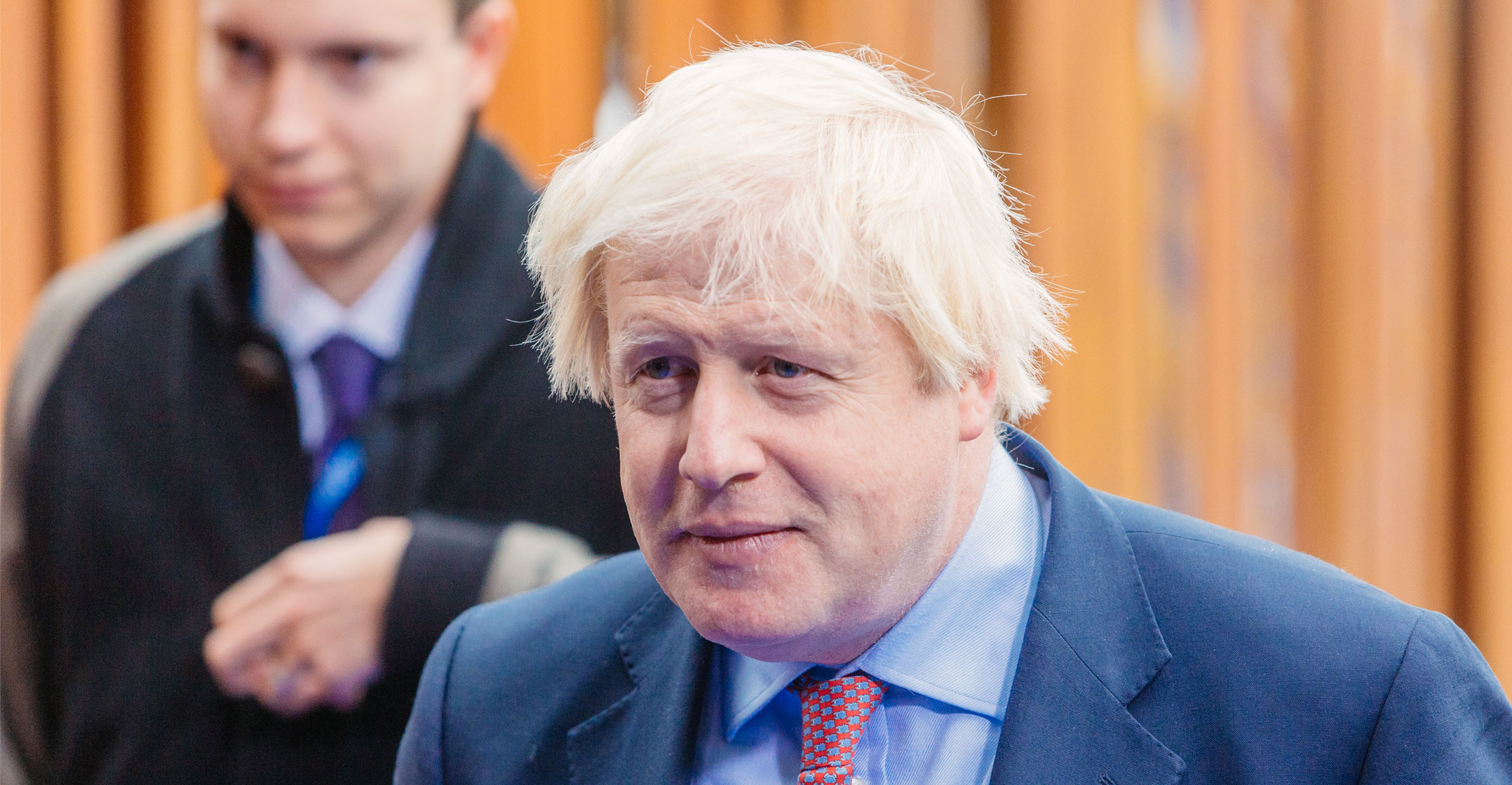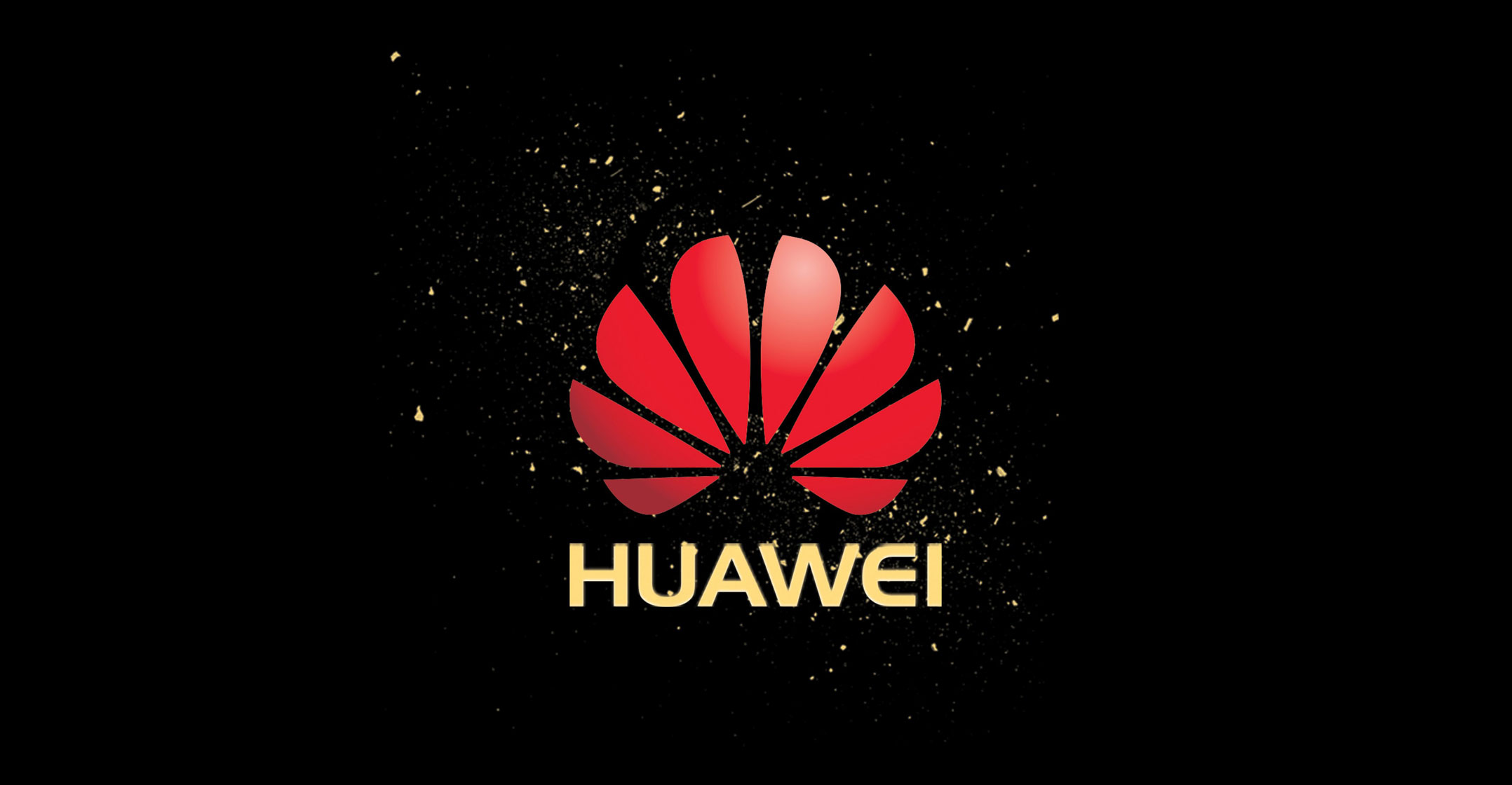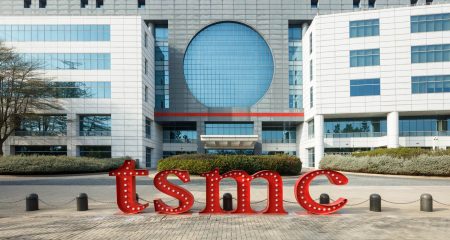
Britain will let Huawei Technologies play a limited role in building the country’s next-generation mobile phone networks, denying a long-running attempt by the US to have the Chinese tech giant barred.
In a statement released at midday in London, the UK said it will keep high-risk vendors, alluding to Huawei, out of the most sensitive core parts of the networks but will allow the company to supply other gear that’s critical to the roll-out of 5G, such as antennas and base stations.
The country will also impose a cap of up to 35% on the Shenzhen-based vendor’s radio access components, so phone carriers like BT Group’s EE and Vodafone Group may face a challenge reducing their dependence on Huawei.
High-risk vendors, a category which could also include China’s ZTE, which is already banned from the UK, are also to be “excluded from sensitive geographic locations, such as nuclear sites and military bases”.
The recommended 35% cap will be kept under review and could reduce over time, the statement said. BT is already set to switch out Huawei components inherited when it bought the EE mobile network in 2016.
The widely expected announcement by Prime Minister Boris Johnson’s government is a compromise between the outright ban on Huawei sought by the US and the access sought by telecommunications companies. While it ends months of political wrangling, it remains fraught with peril for Johnson as he prepares to end 47 years of European Union membership for the UK.
Trade deal
A key pillar of his vision for a future outside the world’s richest single market is a trade deal with the US and the Huawei licence risks setting up a clash with President Donald Trump.
By curbing Huawei’s access but still allowing the supplier to play a role in 5G, British officials are betting they can manage any security risks at home and still maintain intelligence-sharing ties with the US and other allies.
 Johnson discussed Huawei in a phone call with Trump on Friday, though his remarks on Monday suggested he wasn’t swayed by the push for a total ban. The prime minister said the UK could have the best of both worlds: retaining access to the best technology while protecting the data of consumers. British security services deem the risks manageable.
Johnson discussed Huawei in a phone call with Trump on Friday, though his remarks on Monday suggested he wasn’t swayed by the push for a total ban. The prime minister said the UK could have the best of both worlds: retaining access to the best technology while protecting the data of consumers. British security services deem the risks manageable.
For the UK, timing of its announcement is particularly sensitive. US secretary of state Michael Pompeo, who had warned Johnson’s predecessor not to “wobble” on the issue, is due to visit on Wednesday. — Reported by Thomas Seal and Alex Morales, (c) 2020 Bloomberg LP




